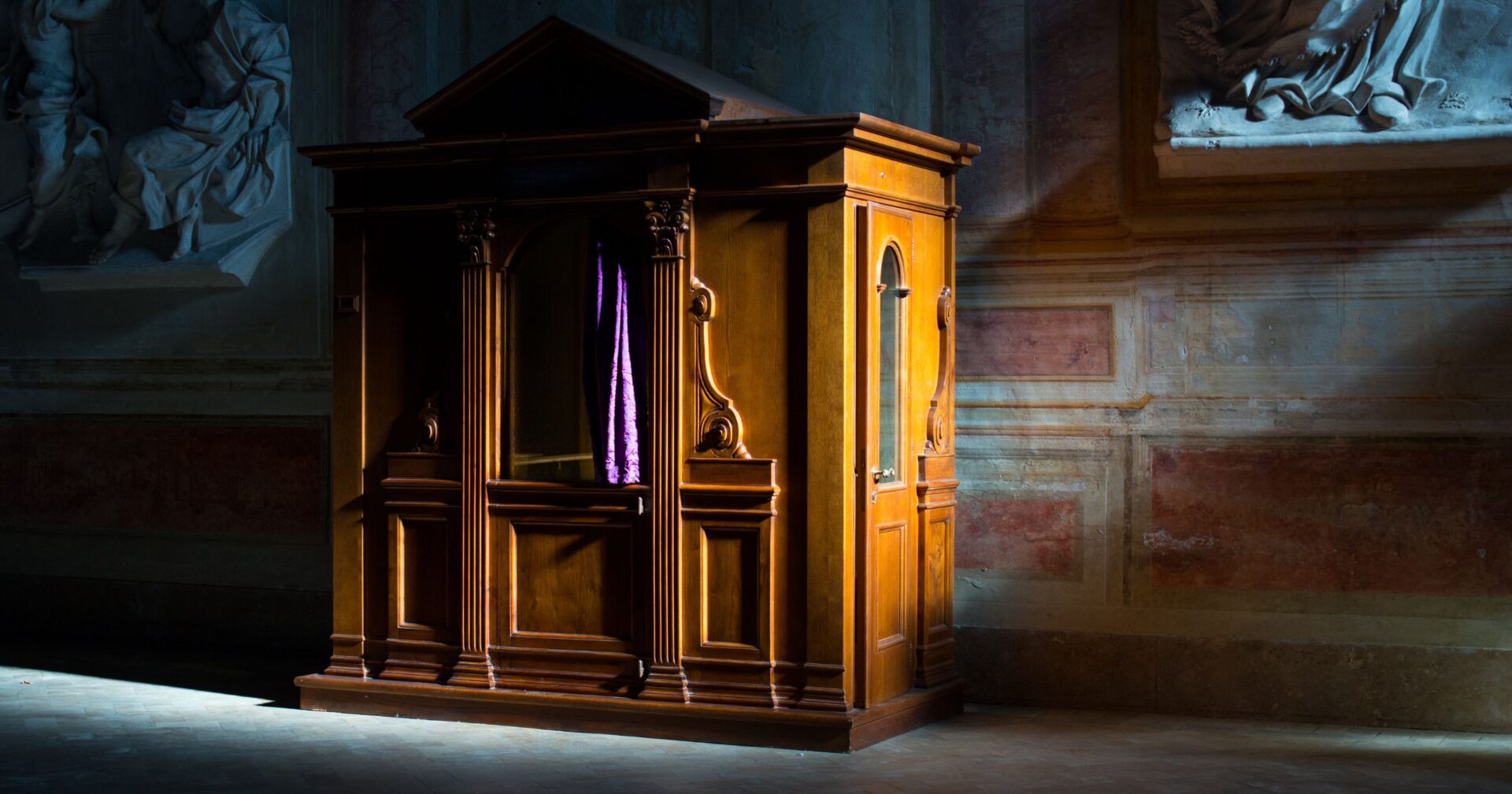Two states are considering laws that would remove the legal protections that Catholic priests currently have when they learn about sexual abuse during confession.
Catholic leaders have spoken out against these proposals, arguing that they violate the sacramental privilege of confession and infringe upon the First Amendment rights of Catholic clergy.
Delaware’s House Bill 74 and Vermont’s Bill S. 16 would eliminate the protections that Catholic clergy have under mandatory sexual abuse reporting laws.
The Catholic Diocese of Wilmington criticized the Delaware bill, arguing that it would be almost impossible for Catholic clergy to meet the requirement since sacramental confessions are usually anonymous. The diocese also emphasized that the seal of sacramental confession is “inviolable” under Catholic canon law and that breaking it incurs automatic excommunication.
Bishop Christopher Coyne of Burlington spoke before the Senate Judiciary Committee in Vermont to oppose Bill S. 16, arguing that it violates a constitutionally protected element of religious faith. He said that requiring clergy to report child abuse learned during confession would infringe upon their First Amendment rights. Coyne emphasized that the sacramental seal of confession is a worldwide law of the Catholic Church and that no bishop has the authority to change it.
Other states, such as Kansas and Washington, are also considering similar legislation. However, the Kansas Catholic Conference has long supported mandatory abuse reporting with a penitential privilege protection clause. In Utah, proposals to remove exemptions for confessions to clergy failed to advance in the most recent legislative session.
While protecting children from abuse is important, disregarding fundamental religious rights is unnecessary. The proposed laws infringe upon the First Amendment rights of Catholic clergy and the rights of all Catholics and other faith communities who have privileged penitential communication. As Bishop Coyne stated, “Requiring clergy to report child abuse learned during a penitential communication would infringe upon our First Amendment rights.”


















This is hilariously stupid thinking. Do these lawmakers really believe that men who sexually assault children are then heading straight to the confessional to plead sorrow for their act? Even assuming this would actually happen, which I am 99% sure it wouldn’t, the priest is very likely to tell the man he needs to come clean as part of making it right. If the criminal had enough respect for the church authority to come to confession in the first place, then he’s obviously repentant and would follow through. Problem solved. Do they think sexual criminals are going around raping kids, bragging about it to priests in secret, and heading out to do it again or hide it forever? Do they have any clue how few people, even good and decent people, go to confession? Yet they think an important issue is criminals confessing secret crimes. Hilarious. These guys are more likely to confess on Facebook than in a confessional. Just another ploy to try to draw attention to the church and use whatever pretext to chip away at whatever is left of it. Maybe they ought to focus on sex crimes in public schools a little more.